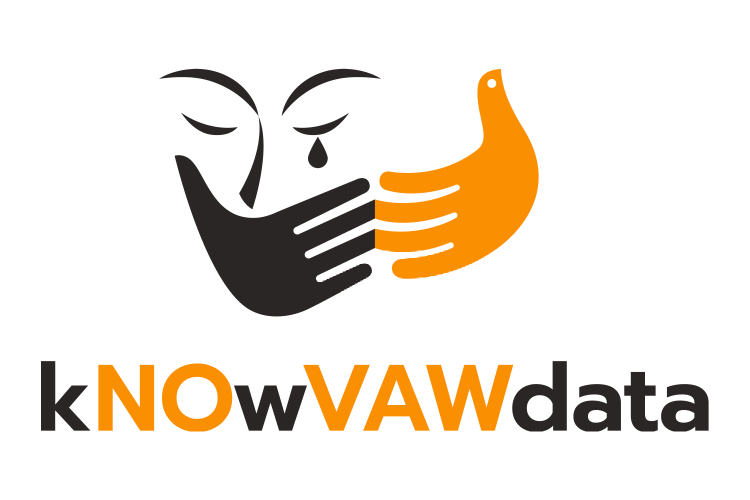Knowledge Hub

The Knowledge Hub provides links to resources supporting the measurement of violence against women and has been funded under the Pacific Spotlight Initiative. While starting with a primary focus on Pacific resources and global resources which are applicable for the Pacific region, the Knowledge Hub will continue under the UNFPA kNOwVAWdata initiative to support global knowledge exchange and a strong community of practice. The strength of this Knowledge Hub is the opportunity to share resources and support all regions of the globe.
If you would like to share links to be added to the Knowledge Hub, please send them to knowvaw-program@unimelb.edu.au.
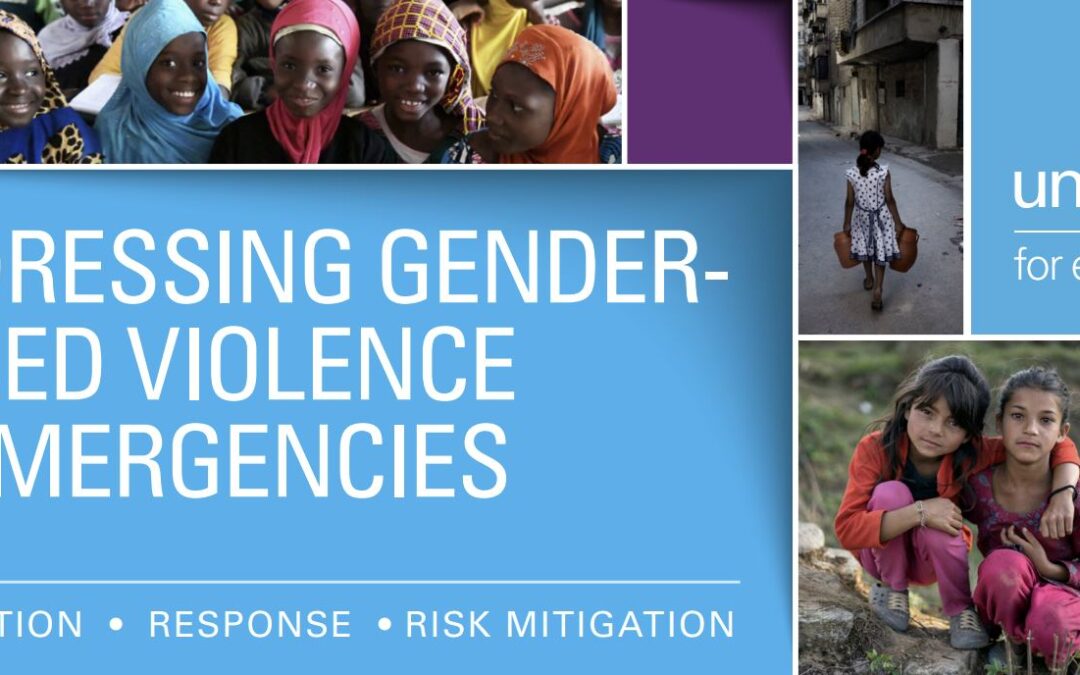
Addressing Gender-Based Violence in Emergencies
This brief provides a summary of why gender-based violence in emergencies matters, alongside UNICEF's commitment and approach.
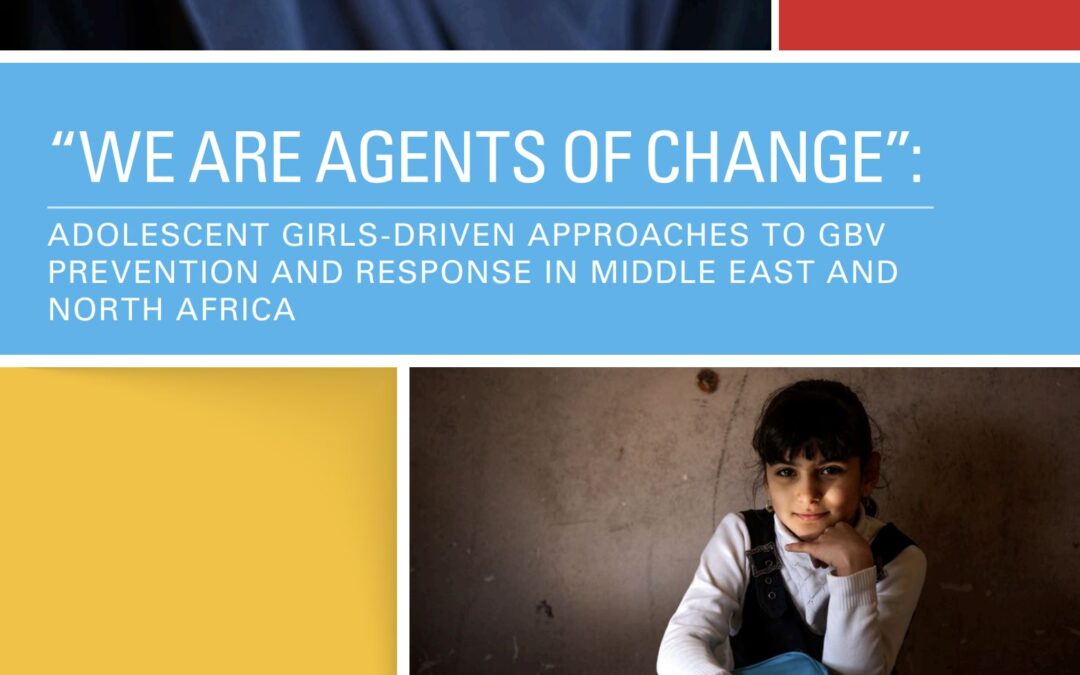
We are Agents of Change: Adolescent Girls Approaches to Gender-Based Violence Prevention and Response in Middle East and North Africa
This brief outlines adolescent girl-led approaches to GBV prevention and response in Middle East and North Africa including: access to gender-sensitive health information, peer-to-peer awareness in Syria, cross sectoral approaches to child marriage in Yemen and supporting adolescent girls empowerment and agency in Iraq.

Global Database on Violence against Women
The global database is a unique “one-stop site” for information on the following types of measures undertaken by Governments to address violence against women: Institutional mechanisms; Research and statistical data; Laws; Policies; Budgets; Services; Prevention; Perpetrators programmes; Regional/International initiatives; Monitoring and evaluation
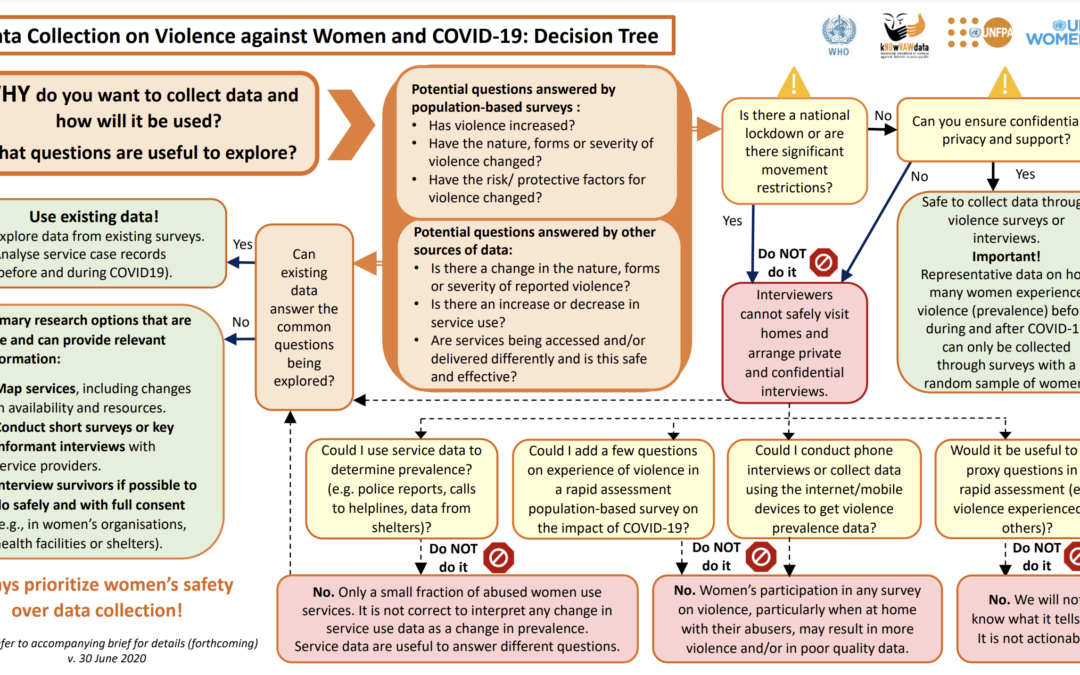
Decision tree: Data Collection on Violence against Women and COVID-19
This decision tree helps organisations with gender-based violence programmes, national statistical offices, policymakers and researchers decide when and how to best collect data on women's experiences of violence and their access and use of relevant services during the COVID-19 pandemic.
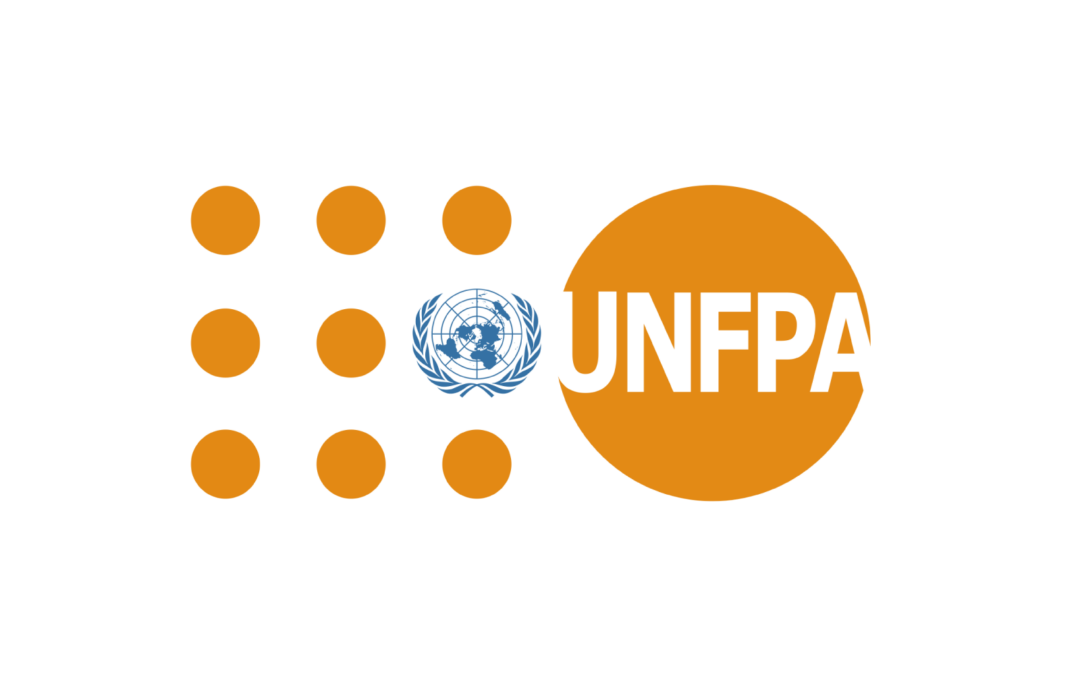
UNFPA Asia Pacific kNOwVAWdata dashboard
Data visualizations and reports from the latest national violence against women prevalence surveys in the Asia-Pacific region; Resources on violence against women data measurement, analysis and uptake; kNOwVAWdata updates; Real-life stories of the brave and compassionate individuals involved in measuring vitally important, nationally representative data on violence against women.

Population Data Portal – Towards Zero gender-based violence and harmful practices
UNFPA’s ultimate data source and tracker for population and development data. It combines the newest population data on topics like sexual and reproductive health and reproductive rights, family planning, maternal health, or gender based violence gathered from a multiple sources.
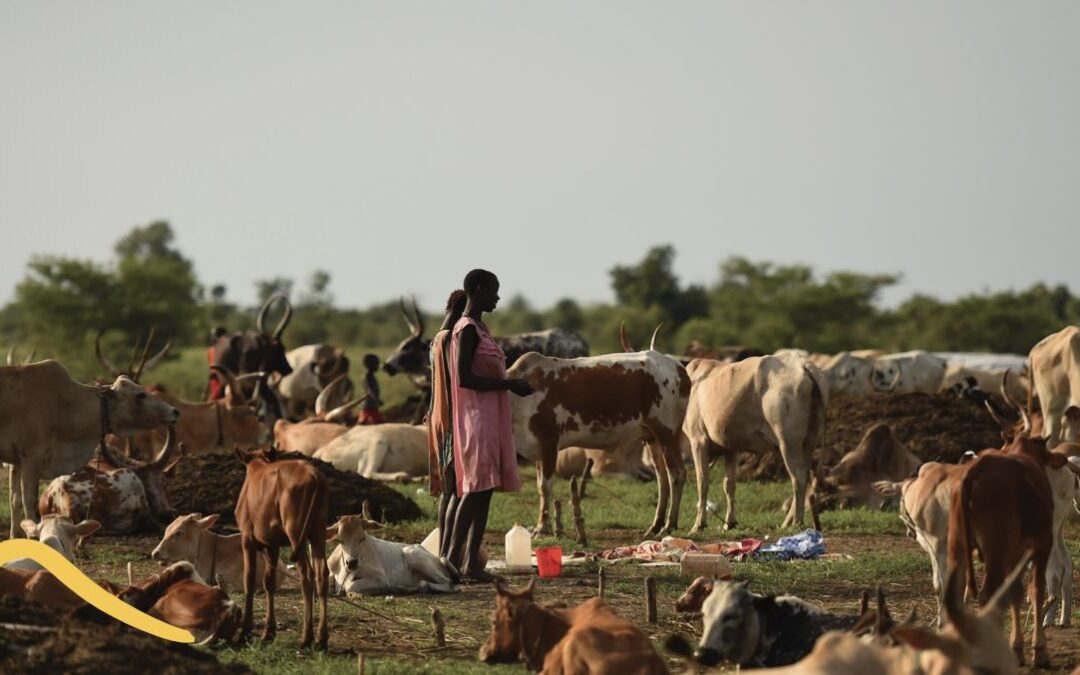
No Safe Place: A Lifetime of Violence for Conflict Affected Women and Girls in South Sudan (Policy Brief)
This brief highlights research aimed at filling substantial gaps in understanding of violence against women and girls (VAWG) in humanitarian settings, including whether or not there is a correlation between increased national conflict and VAWG.
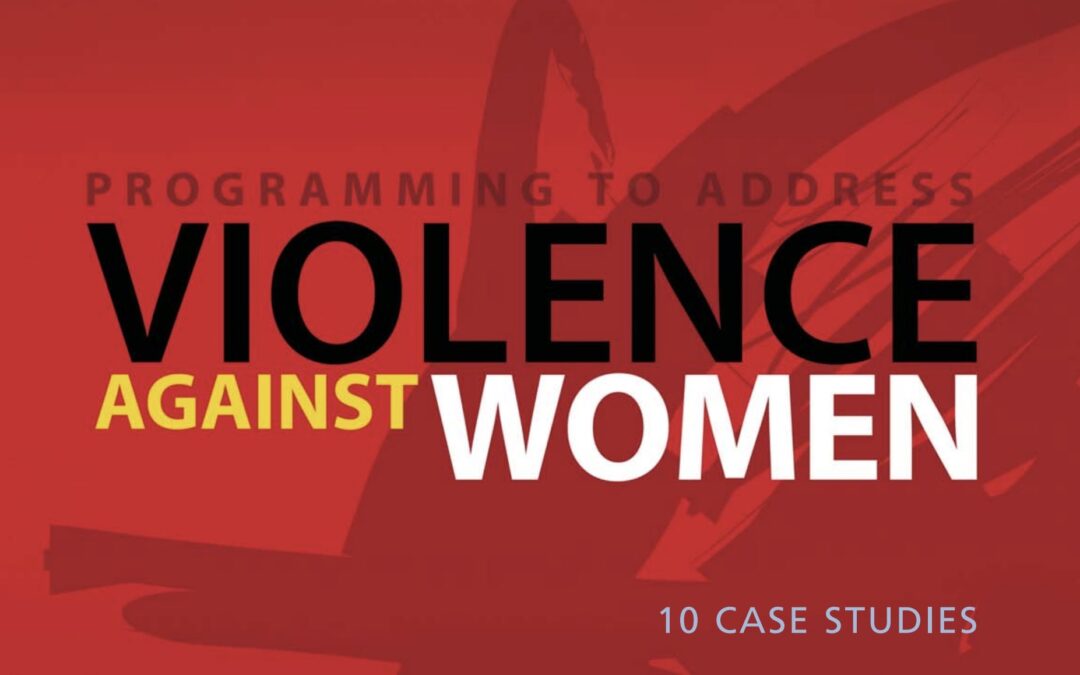
Programming to Address Violence Against Women
10 Case Studies presented in the form of lessons that were leant through projects conducted in 10 countries that set up projects to change attitudes and practices.
